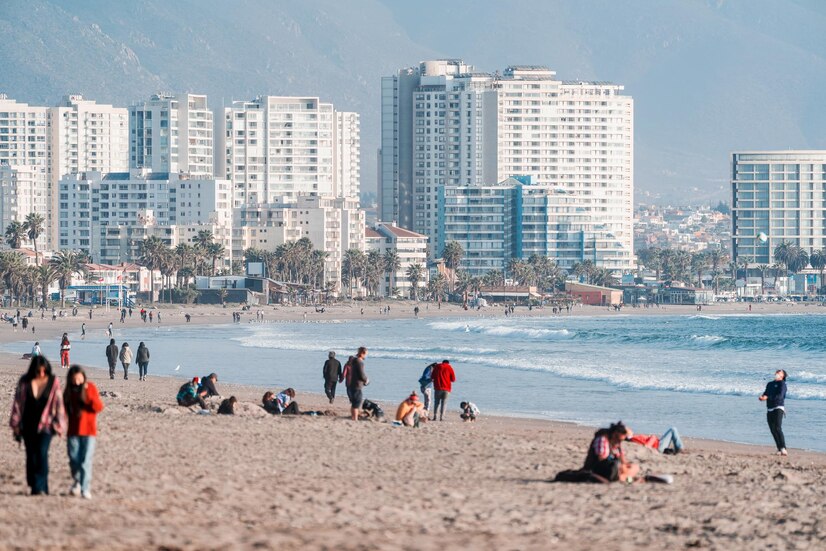European Green Pact and the Challenge of Tourism Activity
Global warming has brought the planet to a worrying state of climate emergency. In response to this, in 2020, the leaders of the European continent adopted the “European Green Pact” as a strategy to reduce net greenhouse gas emissions by at least 55%. This measure is part of actions to halt and address the accelerating process of climate change.
This binding initiative encompasses a set of policies aimed at putting the European Union (EU) on the path towards a green transition. The aim is to achieve climate neutrality by 2050, addressing various areas such as climate, environment, energy, transport, industry, agriculture and sustainable finance, all of which are closely interconnected.
Aware of the current state of the planet, the European Union is guiding industry towards a process of transition to climate neutrality, based on the principles of sustainability, circularity and environmental protection.
In this context, the tourism industry stands as a key productive sector in the ecological transition, as it currently contributes significantly to the world’s Gross Domestic Product (GDP), but at the same time impacts on the conservation of cultural heritage, the environment, the labour market and infrastructure.
In this regard, the World Tourism Organisation (UNWTO) is committed to promoting progress towards low-emission tourism as part of the strategies to be implemented. The path is long but indispensable, given that tourism activity generates negative externalities, such as carbon footprint emissions, waste generation and high energy consumption.
To achieve this, it is essential that both tour operators and MSMEs permanently and systematically adopt various sustainable strategies, such as encouraging recycling, promoting reuse, boosting local markets and adopting clean energy, among other measures. These actions are closely linked to an environmental education approach and the implementation of local regulations oriented towards green and circular practices.
Ultimately, tourism plays a crucial role in the process of ecological transition and faces a major opportunity and challenge of transformation in the face of the threat posed by the potential loss of its most precious treasures: natural and cultural heritage. For this reason, both the European Green Pact and Sustainable Tourism are setting the global direction in the face of climate emergency and risk.

